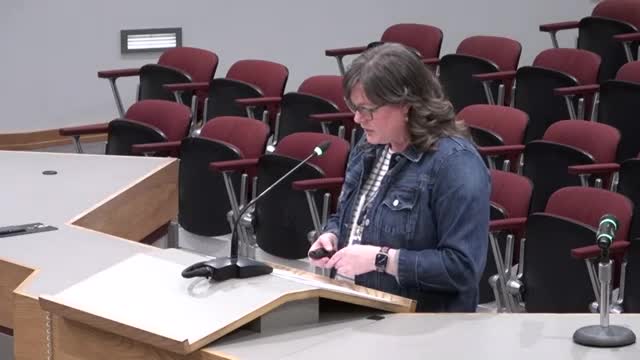Article not found
This article is no longer available. But don't worry—we've gathered other articles that discuss the same topic.
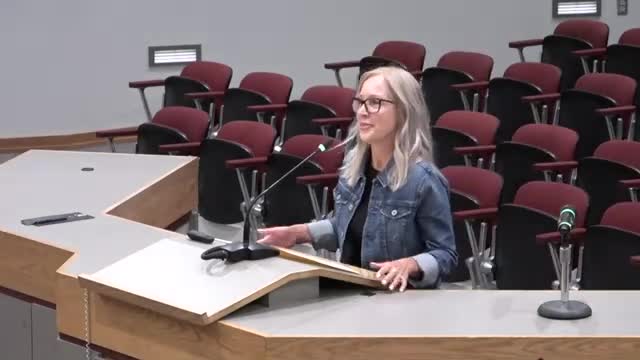
Chase Youth Commission highlights mental‑health projects, civic engagement and awards
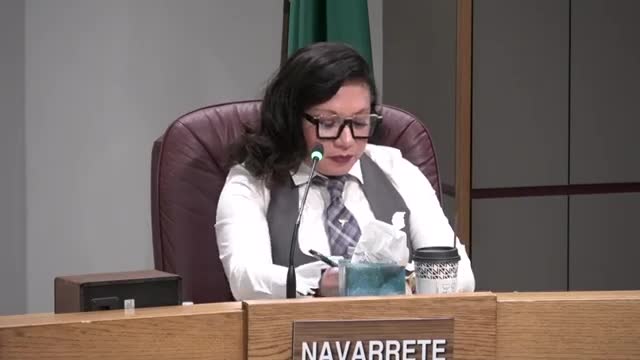
City outlines Plan Spokane periodic update: visioning complete, draft EIS expected this fall
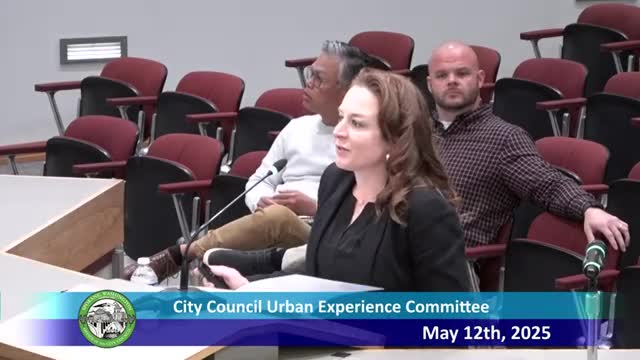
Downtown Spokane Partnership reports steady Q1 activity; foot traffic flat, clean‑and‑safe teams log thousands of contacts
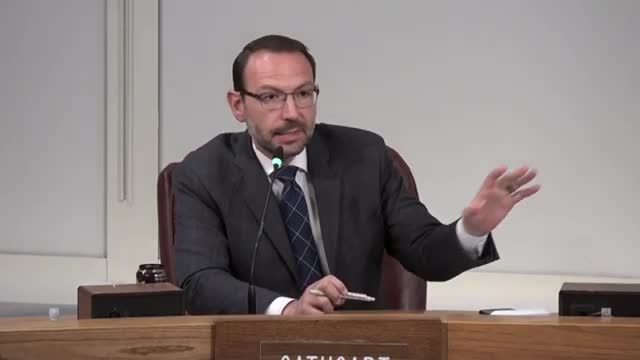
Riverfront Park seeks sign‑off for downtown zipline; shoreline permit decision pending
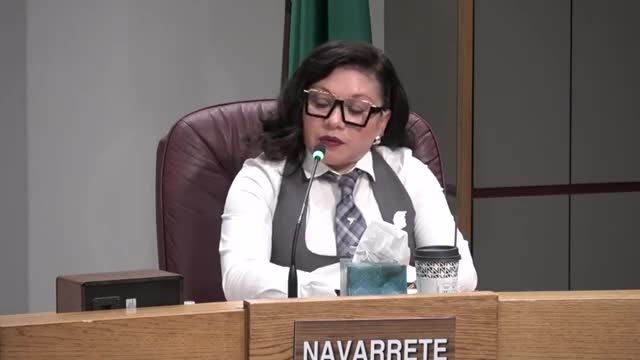
Committee hears proposal allowing Park Board to declare park areas "nonpublic"; legal and public‑process concerns raised
